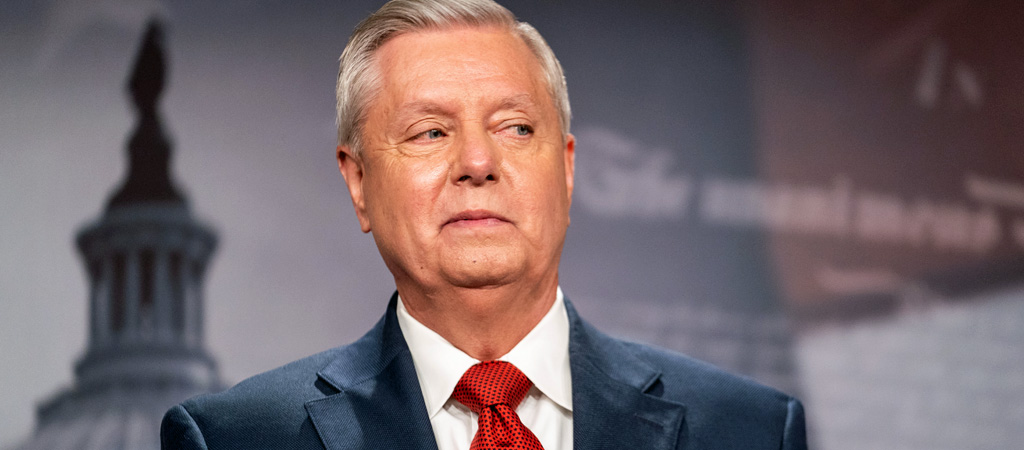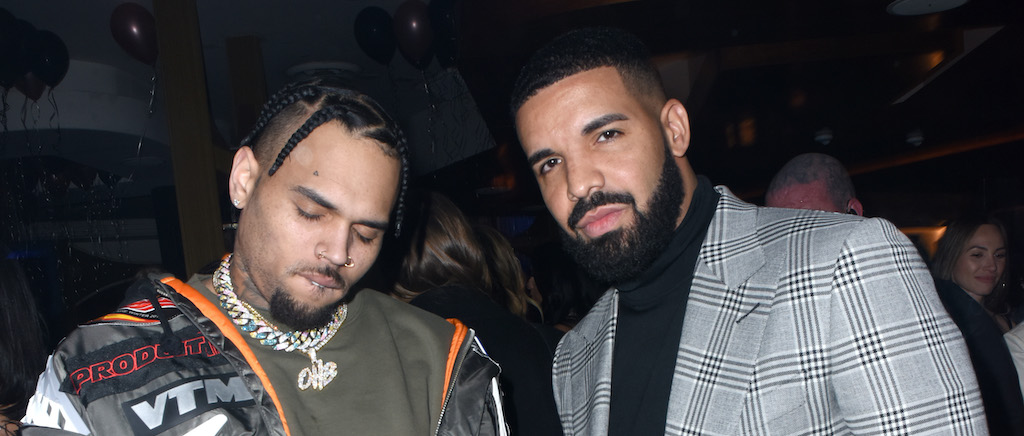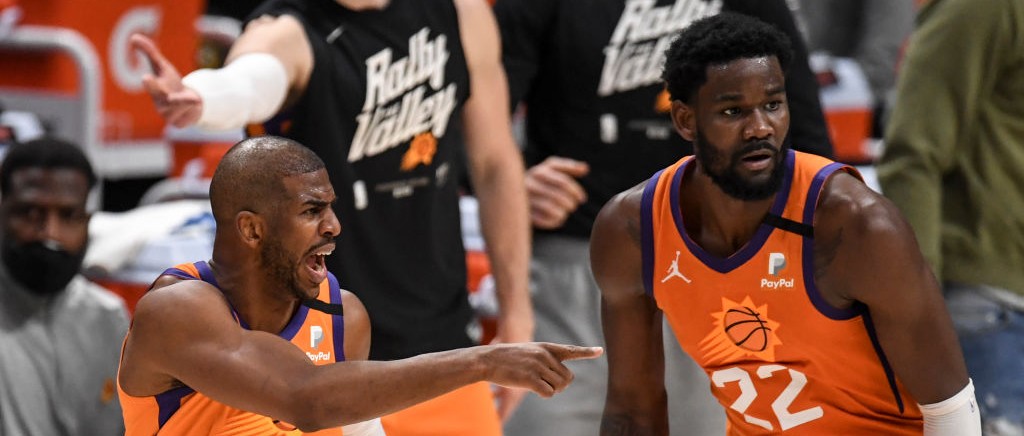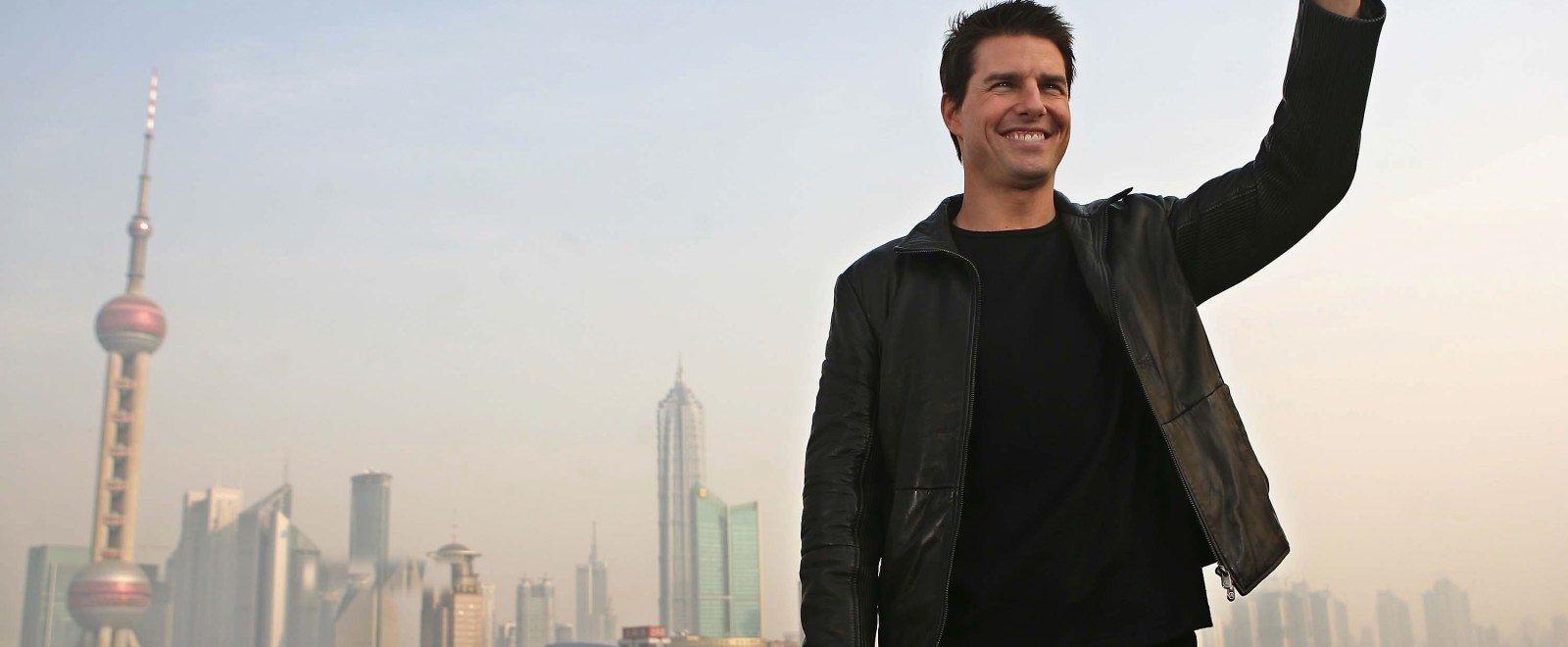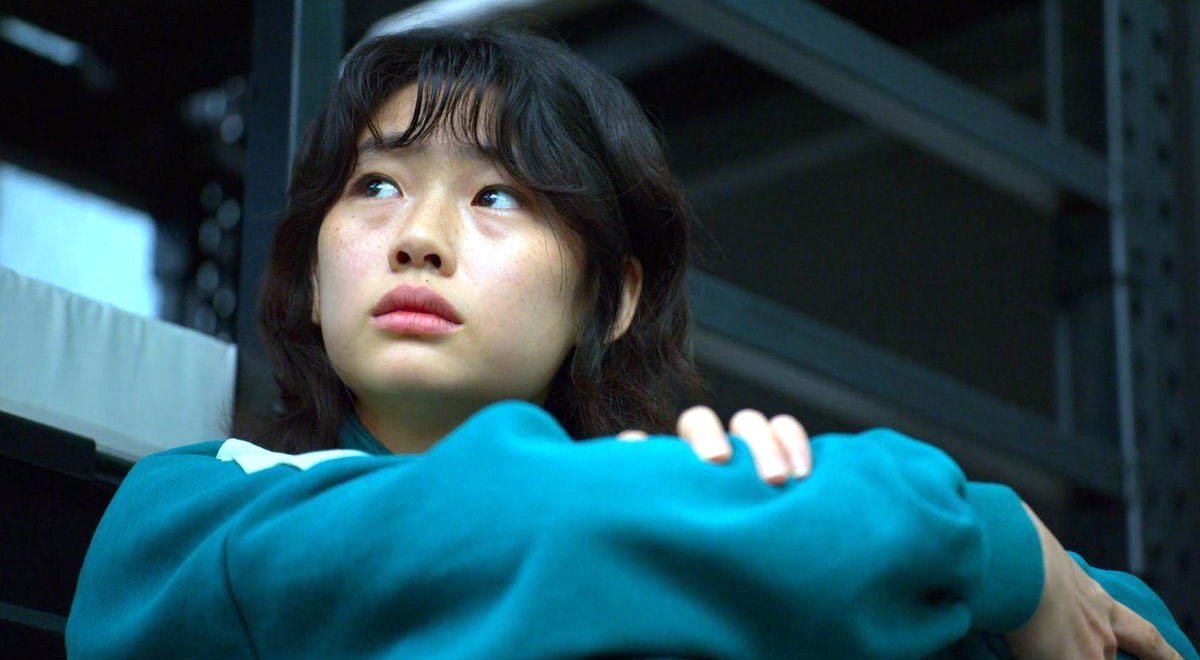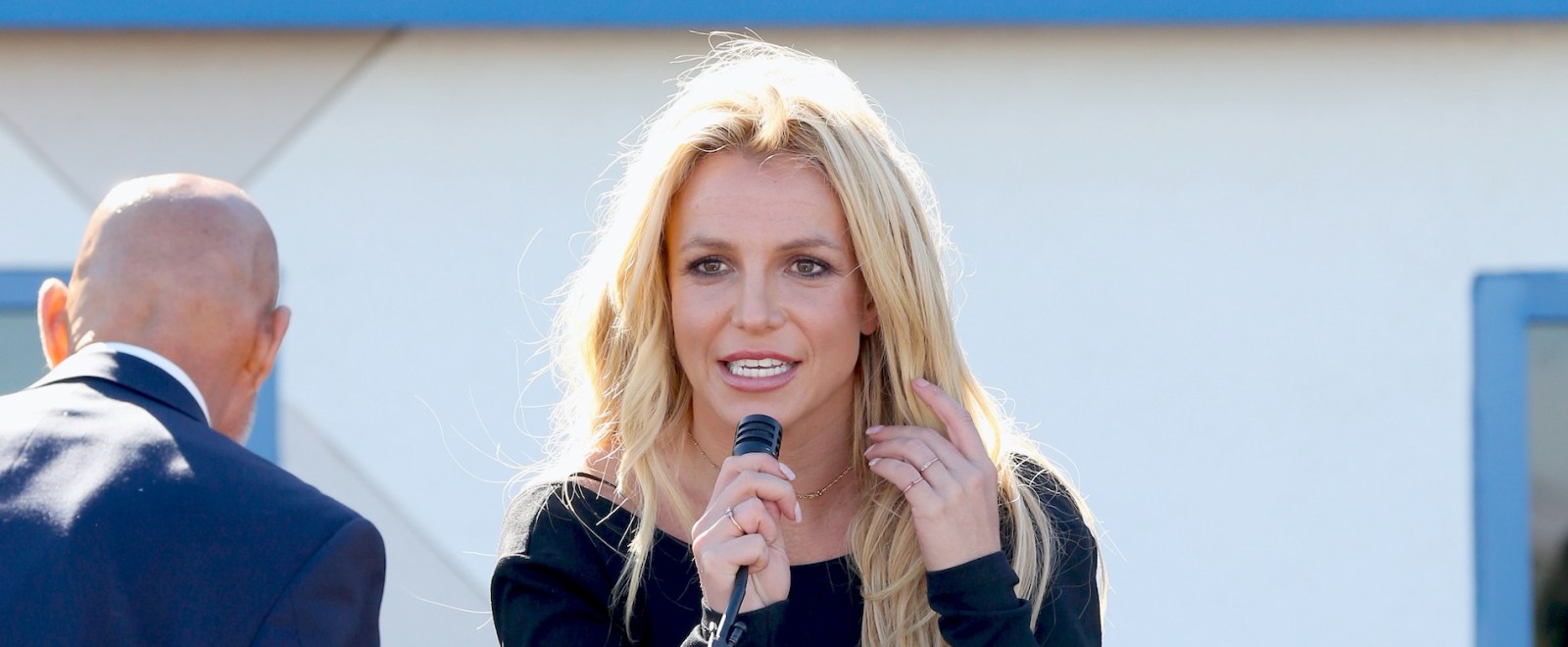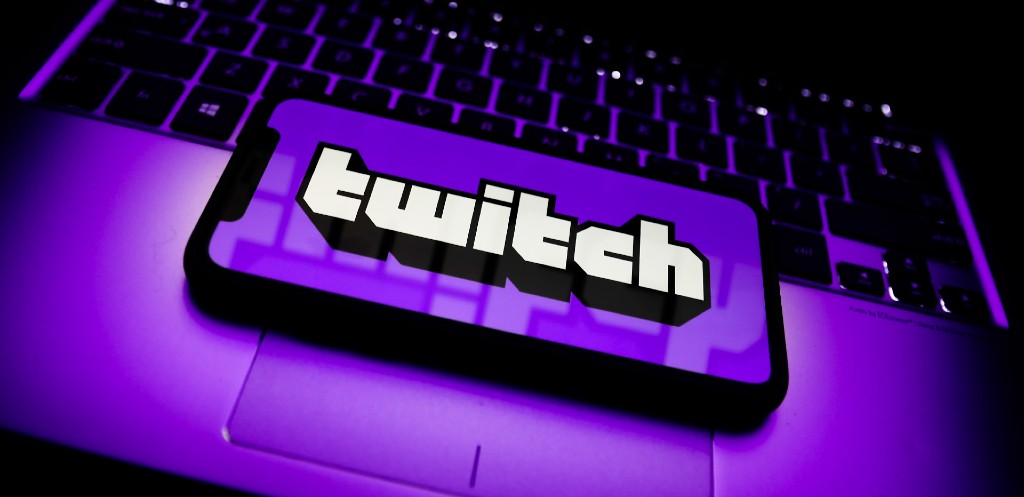It’s usually a good sign for an artist’s career when their concert in a major metropolis sells so many tickets that it has to be moved to a new — and larger — venue at the last minute. It’s probably also a good sign that despite the change of venue, the line wrapped around the block before the doors opened. The last opportune omen is the fact that those people in line patiently waited over 2 hours past the initial doors time for those doors to open and stuck it out through a show that lasted until well after midnight.
With all those tenets in mind, it looks very much like Nigerian Afrobeats/R&B singer Tems is already a star. The Monday night LA stop on the singer’s first-ever US tour followed the above arch, starting out at The Roxy before switching to The Fonda Theatre a day before the show was to take place, which didn’t stop a legion of fans from lining up down Hollywood Boulevard, around the corner on Gower, and all the way down the street for most of the next block. Those fans certainly did wait it out, and their patience was rewarded by an impressive performance from the burgeoning star.
Tems’ opener, Amaarae, generated suitable hype for the headliner with a set that showcased her bold personality and welcoming demeanor. The opener pulled fans onstage to perform alongside her more than once and provided a lively counterpoint to the relatively lower key set that followed. Her exuberant tunes were more defiant and extroverted, whereas Tems’ set — taken from her two EPs, 2020’s For Broken Ears and last month’s If Orange Was A Place — was more internally focused and emotional.
Tems’ performance bore many of the hallmarks of a veteran performer, despite her ostensible rookie status. Framed in angelic light and wearing a flowing, translucent dressing gown, she delivered powerful vocals over renditions of “Damages,” “Free Mind,” and of course, “Essence,” the Wizkid megahit that brought Tems to national prominence. Her fans, a diverse mix of young people, many flamboyantly dressed in traditional African patterns and styles, bought into every new song in the set, despite some being relatively very new. The inevitable singalong that broke out when she launched into “Essence” — assisted by Wizkid in a surprise appearance, naturally — left the impression that she’ll have plenty of opportunities to improve on lots of future tours.
About that delay, though: It’s becoming clearer by the day that fans will be feeling the fallout from the pandemic and resulting entertainment shutdown for a while yet. So far, we’ve seen multiple examples of supply chain and logistical problems forcing artists to postpone events in just the last few weeks. Post Malone was forced to postpone Posty Fest due to supply problems, while J. Cole canceled and rescheduled a pair of shows after hours of delay because there wasn’t enough time to set up the stage as he envisioned. Although Tems didn’t specifically cite these problems, there’s little doubt that switching venues affected the production and prompted these delays.
Tems’ concert is also the second one Uproxx covered recently where a relatively new artist who’d broken out during the pandemic suddenly found that they were way more popular than projected at the last minute. Blxst’s Santa Ana tour stop, initially set for The Observatory’s smaller Constellation Room, was moved to the main stage practically the day of. The bad news is that eventually another breakout star will likely be forced to either play the smaller venue, leaving fans out, or reschedule shows as fewer venues and crew will be readily available. The good news is that these last-minute updates indicate the improving health of the industry, with tickets in high demand, and better projections for stars who couldn’t see their real-world impact as they grew their profiles mostly over the internet for the past year.
For acts like Tems, that can only be encouraging. Having to build a career in less-than-ideal conditions probably added a number of additional stressors on top the usual pressures of learning to deal with fame on the fly. But being able to see real-life rewards — particularly in respect to learning that your star has risen even higher than you (or your booking agent) could have imagined almost makes it all worth it. So, even as we all face the residual effects of the pandemic in live entertainment, for some stars and their fans, the payoff is more than worth the wait.
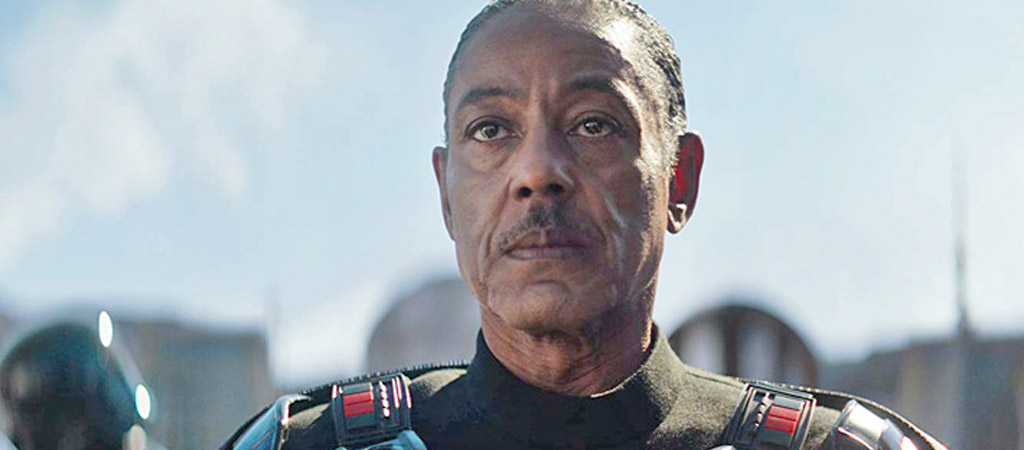


 YOU DON’T NEED NO OTHER BODY
YOU DON’T NEED NO OTHER BODY 